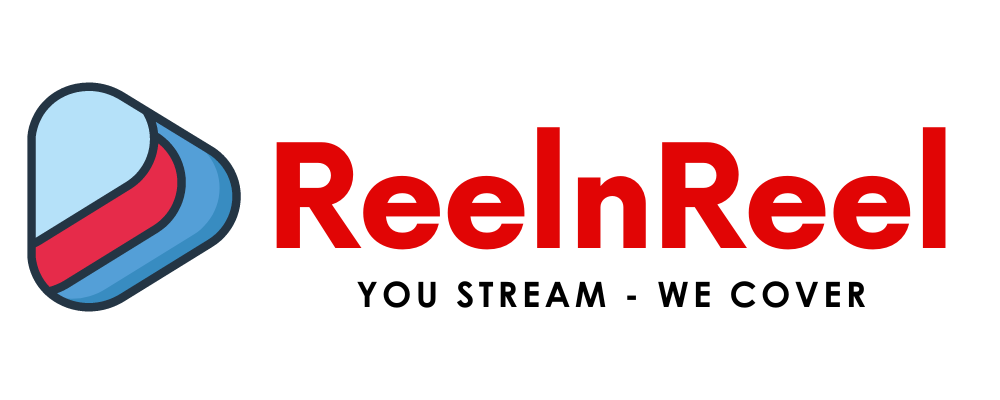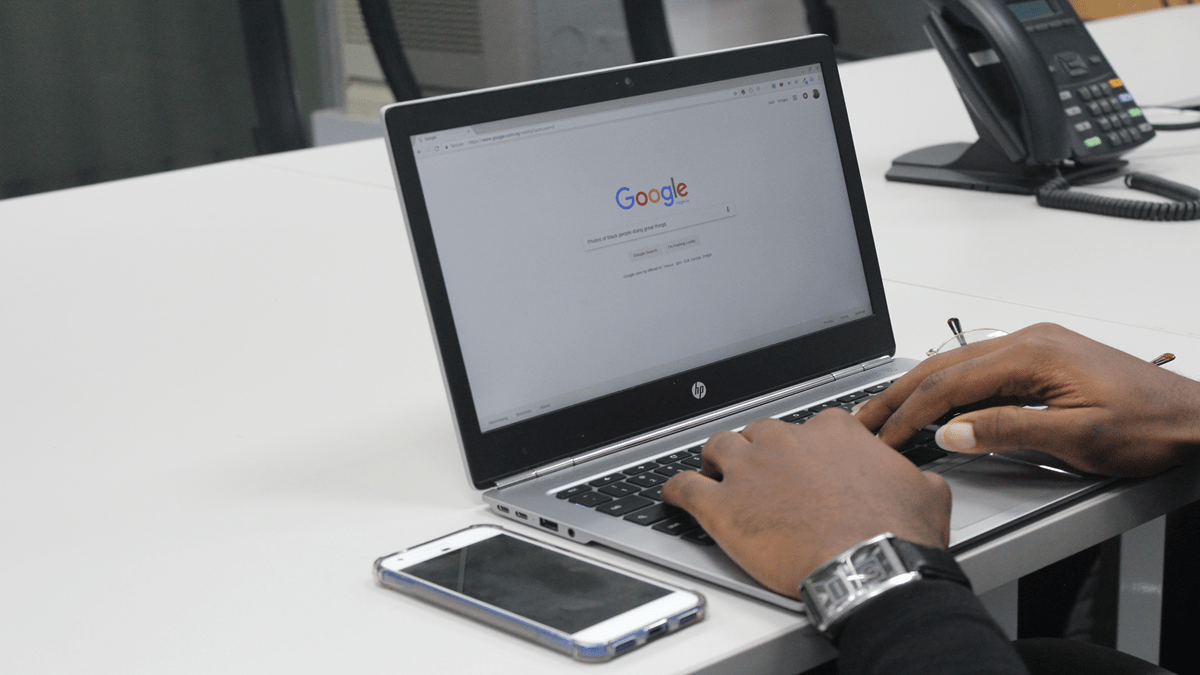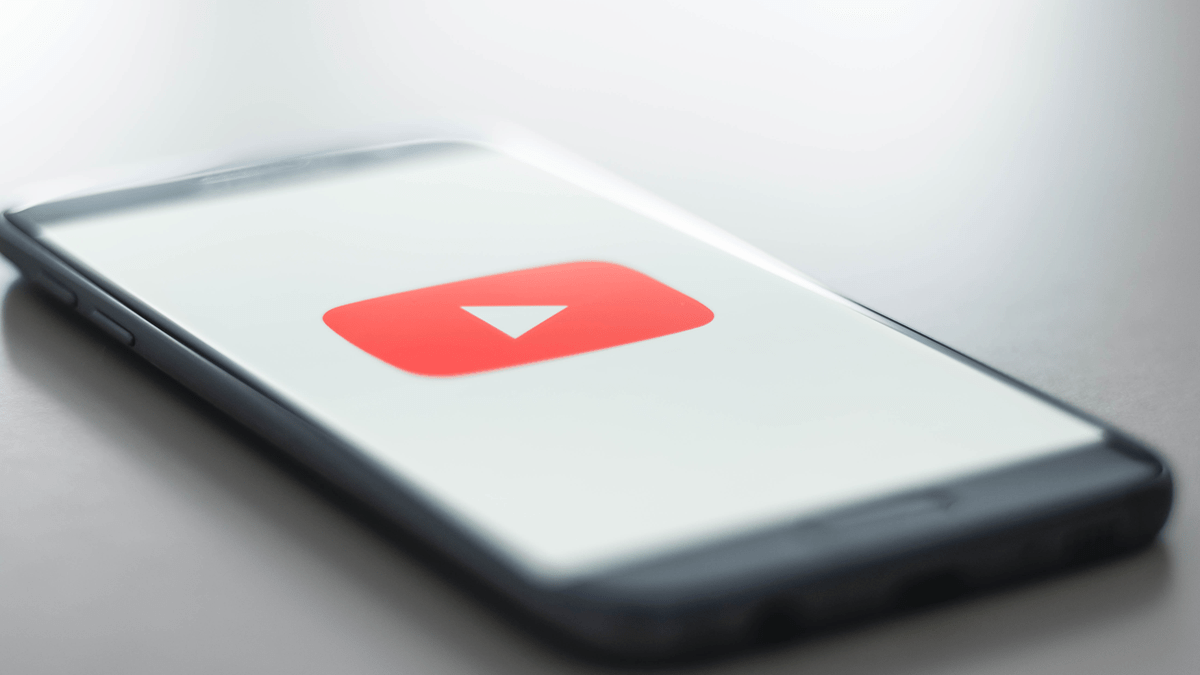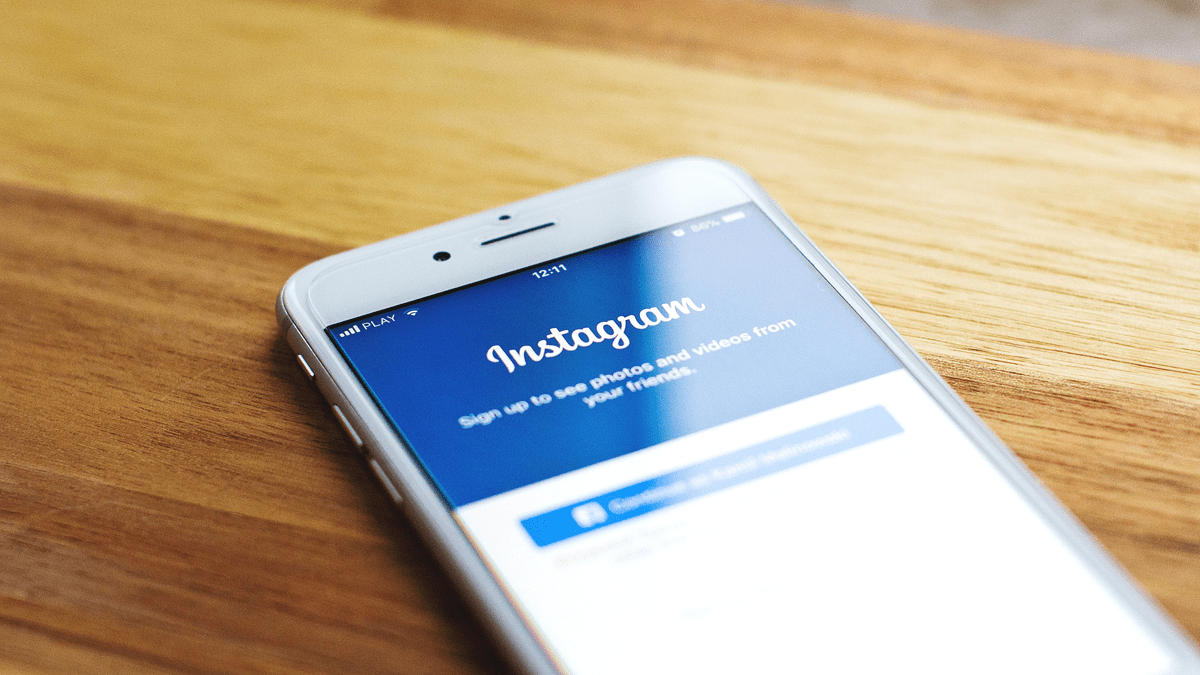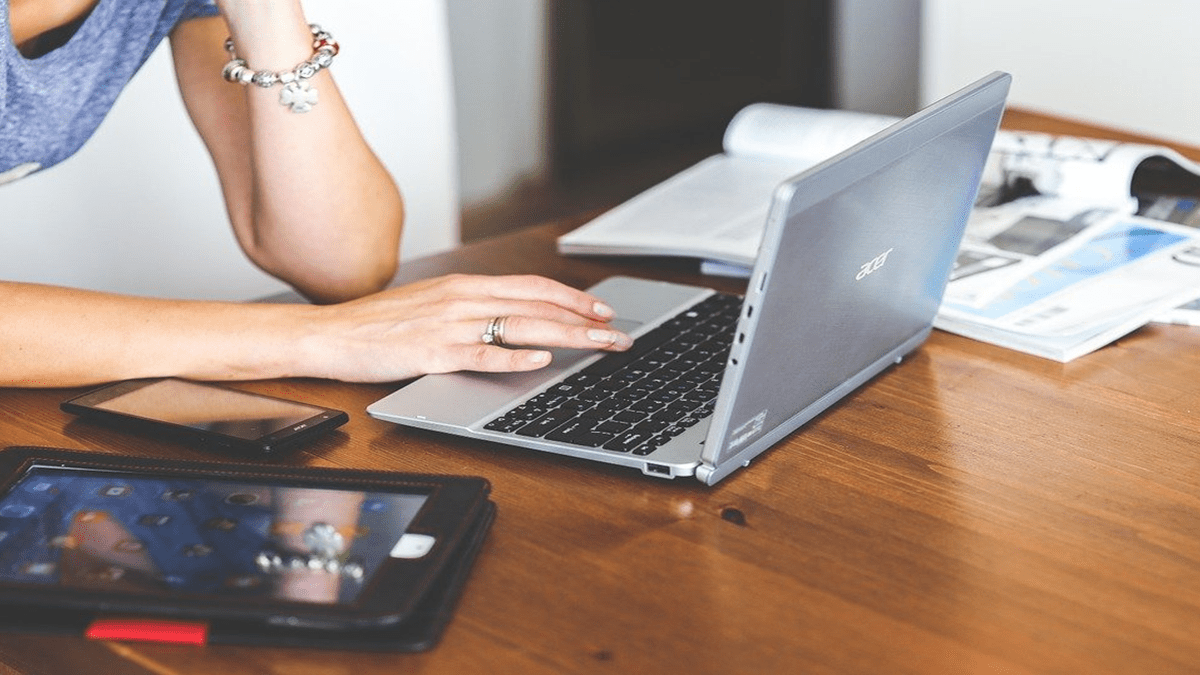YouTube creators face a unique set of cybersecurity threats that often goes unnoticed. We shall discuss some of the most critical threats and how to protect yourself against them. We’ll also provide tips for creating a solid cybersecurity plan. Stay safe out there, YouTube creators!
You may be unaware of your critical cybersecurity threats as a YouTube creator. From malware and viruses to phishing and ransomware, there are many ways for hackers to gain access to your computer and steal your data. We’ll discuss some of the most common cyber threats you should be aware of and tips for protecting yourself from them. Stay safe out there!
Critical Cybersecurity Threats You May Experience as a YouTube Creator
Most YouTube creators don’t think about cybersecurity threats, but there are some real dangers. Here are some of the most critical cybersecurity threats you may face as a YouTube creator.
Viruses and malware can corrupt your computer and corrupt your videos. Cybercriminals can also use phishing scams to trick you into giving them access to your account. And if you’re not careful, your videos could end up being used in terrorist or political propaganda.
So, How can you protect yourself? First, ensure a strong password for your account and enable two-factor authentication. You must install antivirus software on your computer and keep it up to date.
YouTube has become a go-to platform for creative content creators. However, as the site continues to grow in popularity, so do the cybersecurity threats its users face. Here are some of the most critical cybersecurity threats you may experience as a YouTube creator:
Malware and viruses:Hackers can target YouTube creators with malware and viruses that can damage your computer or steal your personal information.
Viruses and malware can corrupt your computer and corrupt your videos. Cybercriminals can also use phishing scams to trick you into giving them access to your account. And if you’re not careful, your videos could end up being used in terrorist or political propaganda.
Phishing scams:You may receive fake emails or messages that pretend to be from YouTube or other companies to seek your personal information or password.
Identity theft:Hackers could access your personal information if you share personal information on YouTube or use the same login for multiple accounts.
YouTube creators must be aware of the severe problem of identity theft. It is when someone takes your personal information and uses it without your permission.
They could use your name and address to open new accounts, get a loan or commit other crimes. Be attentive about what information you share online to save yourself from identity theft. Never give out your Social Security number or credit card details unless you are sure the website is secure.
DDOS attacks:Creators on YouTube often face critical cybersecurity threats. These Hazard can come in different forms, from malicious comments and phishing scams to hacked accounts and DDOS attacks.
A denial of service attack is another type of cyberattack targeting YouTube creators.
Malicious Comments:Malicious comments and phishing scams are two of the most common cybersecurity threats that YouTube creators face. Hackers target YouTube channels in hopes of stealing personal information or spreading malware. To save yourself, never click on links in comments or private messages from people you don’t know. And ensure to enable two-factor authentication on your Google account.
A cyberattack can strike any YouTube creator at any time. As a content creator, you may be vulnerable to various cyber threats. Here are some of the most common cybersecurity threats that you may experience as a YouTube creator:
Phishing Attacks:A phishing attack is a cyberattack involving attackers pretending to be someone else to gain victims’ sensitive information. It could include impersonating a YouTube employee to access your account or personal information.
Disruptions to your YouTube channel:You may experience disruptions to your YouTube channel due to critical cybersecurity threats. It can include disorders to your video content, account access, or even monetary earnings.
Loss of valuable data or information:Another threat you may face is the loss of valuable data or information. It can result from cyber attacks, data breaches, or human error. Protecting your data is essential to keeping your YouTube channel running smoothly.
Copyright infringements:As a YouTube creator, you could also risk copyright infringement. It can happen if you use someone else’s copyrighted material in your videos.
You could risk having your videos taken down or your account suspended if you use copyrighted material without permission.
- Your account could be hacked. It could give cybercriminals access to your personal information and allow them to post videos on your behalf.
- You could become a victim of cyberbullying. It could include people leaving abusive comments on your videos or sending you threatening messages.
- Your content could be stolen and used without your permission. It could happen if someone downloads your videos and reuploads them to their channel without giving you credit.
Critical Cybersecurity Best Practices for YouTube Creator
- Change your passwords often
- Never use the same password for several accounts
- Use a strong password that is difficult to guess
- Enable two-factor authentication whenever possible
- Install malware and antivirus software on all of your devices
- Backup your data regularly
- Be aware of phishing scams and how to protect yourself from them
- Keep your software up to date
- Use a strong password that is unique to each account
- Don’t share your passwords with anyone
- Install a malware blocker on your computer
- Only download software from trusted sources
- Backup your data regularly
- Keep your operating system and software up-to-date
- Use two-factor authentication where available
- Use a strong password that is hard to guess
- Don’t use the same password for different accounts
- Install the right antivirus software and keep it up-to-date
- Make sure your operating system and software are up-to-date
- Only install software from trusted sources
- Keep your computer physically secure
- Back up your data regularly
- Use a strong password that is a mix of upper and lowercase letters, numbers, and symbols
- Only open emails from people you know
- Don’t click on links or download attachments from unknown sources
- Install antivirus software on all devices and keep it up to date
- Be aware of social engineering scams- like phishing emails- that try to steal your personal information
- Back up your data regularly in case of a ransomware attack
- Educate yourself and your employees about cyber security threats
- Don’t use the same username and password for every account
- Install a malware blocker on your computer
- Update your software regularly
- Use two-factor authentication whenever possible
- Back up your data regularly
- Protect your privacy by using a VPN
- Understand the basics of Cybersecurity
- Use a strong password and change it regularly
- Enable two-factor authentication
- Install malware and virus protection on your devices
- Be aware of phishing scams and how to avoid them
- Back up your data frequently
- Restrict access to your account to only those you trust
- Keep your software up to date
- Don’t share your passwords with anyone
- Install malware and virus protection on all of your devices
- Backup your data regularly in case of an attack or computer crash
- Try to open emails and attachments from the people you know and trust
- Never give out personal information such as your address, social security number, or credit card number online
- Educate yourself about cybersecurity threats and how to protect yourself against them
- Do not share your passwords with everyone
- Install the right antivirus software and keep it up to date
- Scan your computer for malware and viruses regularly
- Be alert about what you download and install on your computer
- Make sure your firewall turn on
- Keep your software up to date
- Backup your data regularly
- Educate yourself about cybersecurity threats.
Conclusion
As a creator, you may be unaware of the many cybersecurity threats. From cybercrime to online privacy violations, your channel is at risk. That’s why it’s essential to reach out to an expert for Cybersecurity consulting.
We can help you understand the risks and how best to protect yourself and your channel. Have you had any bad experiences with Cybersecurity? Let us know in the comments below!
